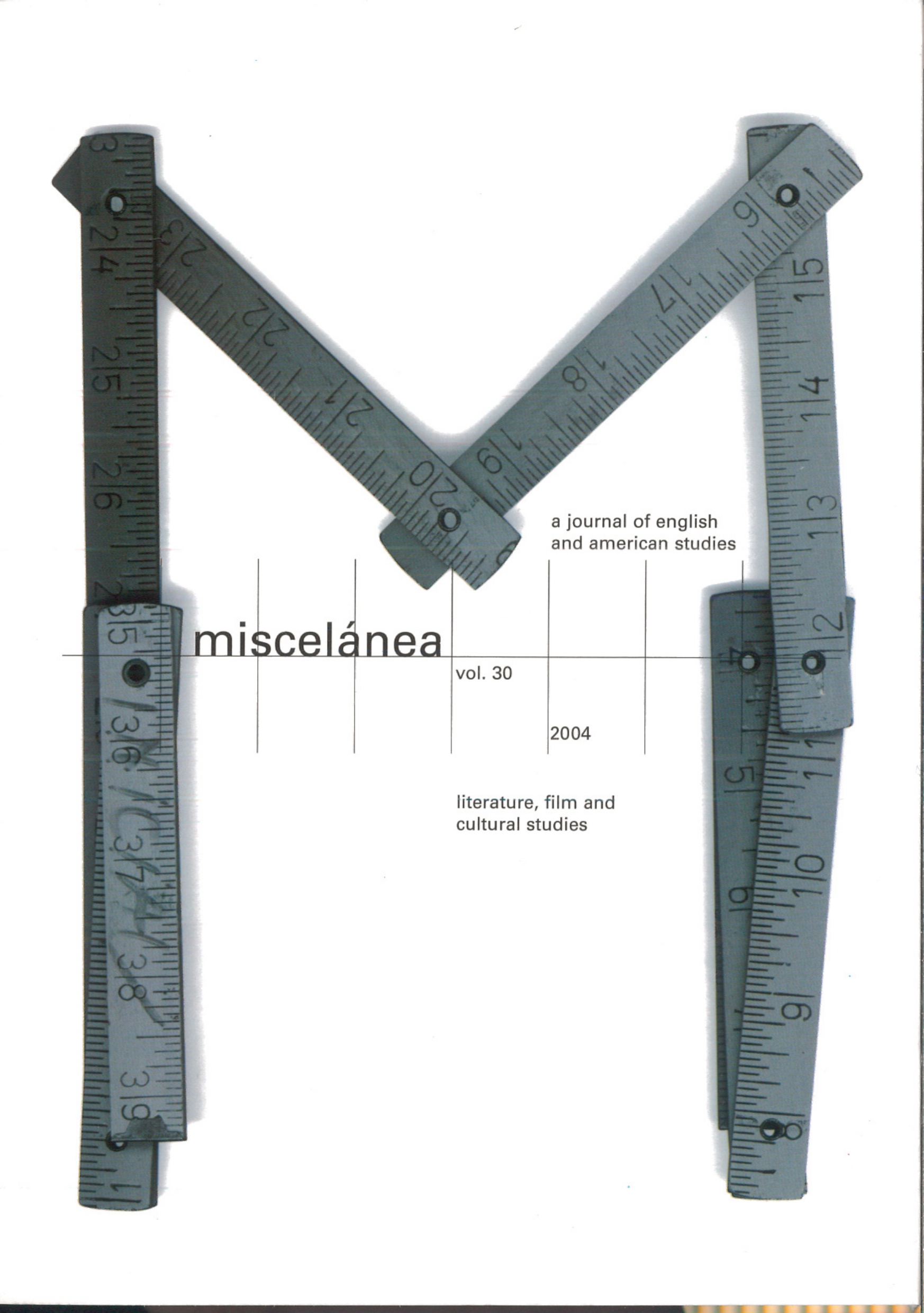The Canon Pro and Contra: 'The Canon is Dead-Long Live Pick and Mix'
DOI:
https://doi.org/10.26754/ojs_misc/mj.200410127Keywords:
Canon, Literature, National identity, Cultural memoryAbstract
The chief argument against the traditional canon is, of course, that it has been a vehicle for national superiority. Yet it is indubitably the case that the creation of a canon of English literature over the centuries is indeed closely bound up with the formation of British national identity. What was produced in this way was largely “an entirely gentlemanly artefact” (to use Lillian S. Robinson’s phrase for the blatant neglect of women authors), as has been amply demonstrated by feminist scholars in recent decades. Quite apart from this, however, the traditional British versions of the canon of English literature are astonishingly broad and are much less in need of an “opening up” than many of the more belligerent “canon busters” claim.
Without denying that any canon-making implies competition and value-statements that create hierarchies, it is argued that the formation of literary canons is indispensable in order to keep the literature of the past within cultural and collective memory (not forgetting, too, that the past begins yesterday). Only those acquainted with a fair amount of our literary heritage, after all, will have a chance to individually “pick-and-mix” —and thus to subvert the canonical order that has been their starting-point. This also means that the canon is not a sanctuary but an ongoing project— and one that we relinquish at our collective peril.
Downloads
References
ALTIERI, Charles. 1990. Canons and Consequences: Reflections on the Ethical Force of Imaginative Ideals. Evanston, IL: Northwestern U. P.
ASSMANN, Aleida. 1998. “Kanonforschung als Provokation der Literaturwissenschaft”. In von Heydebrand, Renate. (ed.). Kanon Macht Kultur. Stuttgart: Metzler: 47-59.
BELSEY, Catherine. 2001. “The Possibility of Literary History. Subject, Object and the Relation of Knowledge”. In Collier, Gordon, Klaus Schwank and Franz Wieselhuber. (eds.). Critical Interfaces. Contributions in Philosophy, Literature and Culture in Honour of Herbert Grabes. Trier: Wissenschaftlicher Verlag Trier: 43-54.
CHAMBERS, Robert. 1843. Cyclopaedia of English Literature. Edinburgh.
CIBBER, Theophilus. 1753. The Lives of the Poets of Great Britain and Ireland, vol. II. London.
FIEDLER, Leslie A. and Houston A. BAKER, Jr. (eds.). 1981. English Literature: Opening Up the Canon. Selected Papers from the English Institute, 1979. Baltimore: Johns Hopkins U. P.
GORAK, Jan. 1991. The Making of the Modern Canon. Genesis and Crisis of a Literary Idea London: Athelone.
—. (ed.). 2001. Canon vs. Culture. New York: Garland.
HALL, Anthony. (ed.). 1709. Commentarii de Scriptoribus Britannicis. London.
JAY, Gregory. 1997. American Literature and the Culture Wars. Ithaca, NY: Cornell U. P.
KENNEDY, George A. 2001. “The Origin of the Concept of a Canon and Its Application to the Greek and Latin Classics”. In Gorak, J. (ed.).: 105-116.
KERMODE, Frank. 1985. Forms of Attention. Chicago: University of Chicago Press.
—. 1979. “Institutional Control of Interpretation”. In Salmagundi, 43: 72-86.
LAUTER, Paul. 1991. Canons and Contexts. New York: Oxford U. P.
MATTENKLOTT, Gert. 1992. “Kanon und Neugier,” In Griesheimer, Frank and Alvis Prinz. (eds.). Wozu Literaturwissenschaft? Kritik und Perspektiven. Tübingen: Francke: 353-64.
MEEK, Sandra Lea. 2001. “The Politics of Poetics”. In Gorak, J. (ed.).: 81-102.
MORLEY, Henry. 1873. First Sketch of English Literature. London: Cassell.
MUNNS, Jessica. 2001. “Canon Fodder: Women’s Studies and the (British) Literary Canon”. In Gorak, J. (ed.).: 17-27.
RICOEUR, Paul. 1977. Hermeneutic of the Idea of Revelation. Berkeley, Calif.: The Center.
ROBINSON, Lillian S. 1997. In the Canon’s Mouth. Bloomington: Indiana U. P.
ROSS, Trevor. 1998. The Making of the English Literary Canon From the Middle Ages to the Late Eighteenth Century. Montreal: McGill-Queen’s U. P.
SAMMONS, Jeffrey S. “The Land Where the Canon B(l)ooms: There and Here”. In Gorak, J. (ed.).: 117-133.
SANDLER, Robert. (ed.). 1986. Northrop Frye on Shakespeare. New Haven: Yale U. P.
SICHERT, Margit. 2003. “Functionalizing Cultural Memory: Foundational British Literary History and the Construction of National Identity”. In Modern Language Quarterly, 64: 199-217.
VÖHLER, Martin. 2003. “Der Kanon als hermeneutische Provokation”. In Akten des X. Internationalen Germanisten-Kongresses Wien 2000, vol. 8: Kanon und Kanonisierung als Problem der Literaturwissenschaft/Interpretation und Interpretationsmethoden [Jahrbuch für Internationale Germanistik, Reihe A, Band 60]. Bern: Peter Lang: 39-44.
WEIMANN, Robert. 1988. “Shakespeare (De)Canonized: Conflicting Uses of ‘Authority’ and ‘Representation’”. In New Literary History, 20: 65-81.
WINSTANLEY, William. 1687. Lives of the most Famous English Poets. London.
Downloads
Published
How to Cite
Issue
Section
License

This work is licensed under a Creative Commons Attribution-NonCommercial 4.0 International License.


